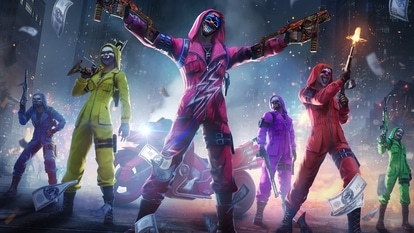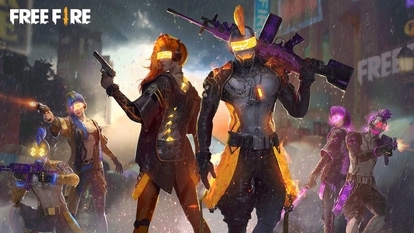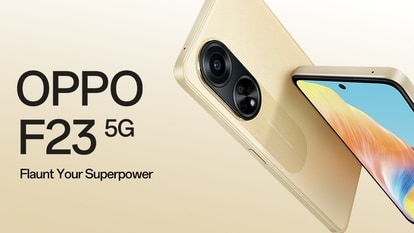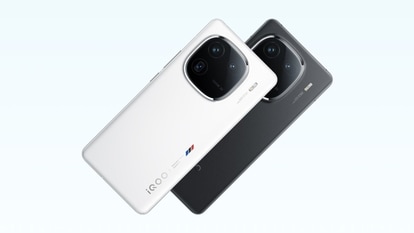How this Wordle answer glitch drove fans nuts
This Wordle answer sparked an uproar. A botched word substitution added complexity to a simple game, put politics into an innocent one and spoiled the social cohesion that players cherish.
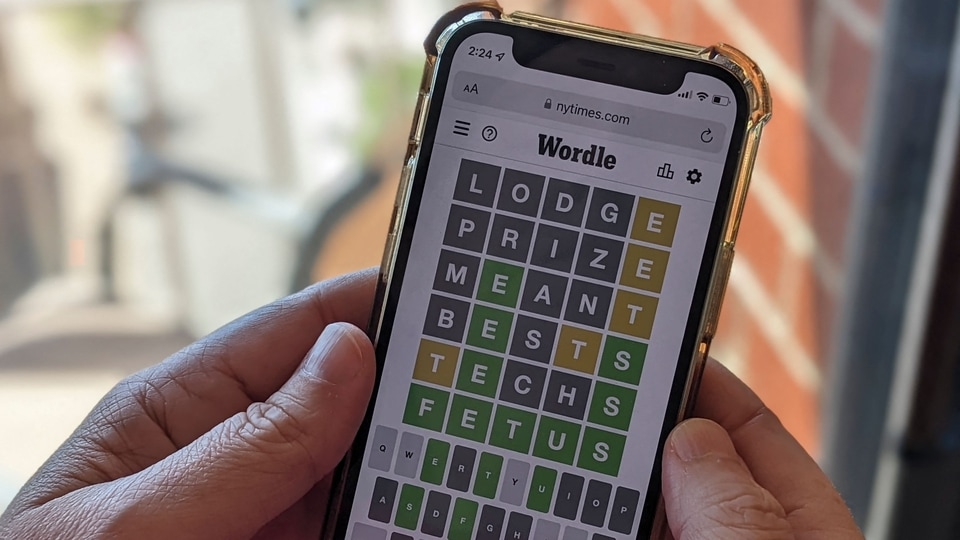

Fans of the daily hidden word game “Wordle” woke up Monday to a social media uproar. The New York Times, which owns and operates the game, had made a last-minute change to the Wordle answer in order eliminate the word “fetus,” presumably in deference to sensitivities swirling around a leaked Supreme Court opinion on abortion.
Whatever the motive, the execution was botched and a diversion so popular for its simplicity and innocence lost a little bit of its joy.
Wordle players try to identify a five-letter word within six guesses. Green squares indicate which letters in each guess exactly match letters in the answer word, and yellow indicates correct letters in incorrect positions.
The beauty of the game is that it's easy and social. Players share their solving patterns and statistics on social media, trying to best their friends.
The botched answer swap spoiled the fun. Software quirks gave some players the original answer word, “fetus,” instead of the substitute, “shine.” And if different people face different answer words, the social competition collapses.
I often start my daily Wordle with the word “spine.” That gave me bragging rights on Monday because it yielded four green squares on my first guess.
If, instead, I had faced the original answer word, “fetus,” my starting word would have been close to a whiff, and it would have taken me many more guesses to solve the puzzle.
But since some people faced one answer word and others faced another, the joy of boasting (and schadenfreude) from social sharing was greatly diminished.
Then there's the politics. It's not exactly obvious that a game about word structure and letter patterns would exclude words based on whatever's in the news, especially since Wordle has famously avoided linking answer words to current events in other ways. (The answer on New Year's Day was “rebus” and the answer on Valentine's Day was “cynic.”)
It's reasonable to avoid inserting potentially traumatic or triggering elements to an otherwise guileless word game. But is “fetus” so troubling that it shouldn't be considered appropriate, say, for Scrabble?
Once Wordle starts going in this direction, where would its sponsors draw the line? What if the word “trump” makes some people think of a polarizing politician and others of nothing more emotional than a pack of cards? Should we be concerned about accidental product placement? (Tuesday's fiendishly difficult word was the mascot of a well-known car insurance company.)
The game would take a lot more effort — and would be a lot less fun — if for each guess players had to think about which words the editors might have suppressed.
People play Wordle in loose collectives and like to draw inferences off of other people's tactics. When I see that people have guessed the answer word quickly, I expect an easier word, with more common letter patterns. By contrast, when I see that lots of people are striking out, I skew my guesses towards words like “quirk” and “vivid” that are bristling with unusual letters. Social clues make it possible to crack a particularly difficult word faster than friends and family.(1)
But if players can't be sure that everyone is seeing the same word, then there's little reason to look at other people's solutions. Changing the Monday word led to mass confusion as people tried to figure out why their patterns looked nothing like their friends'. (The same thing happened a couple months ago when the Times mysteriously edited out the answer word “agora.”)
If Wordle is to exist in its own world, then editing out words because they have social resonance chips away at expectations players have built up around the game. That harms the social cohesion that gives it its charm.
It's definitely not a way for Wordle to “shine.”
This columnist is especially pleased whenever he solves the day's Wordle in fewer guesses than his mom – except that pretty much never happens.
Scott Duke Kominers is the MBA Class of 1960 Associate Professor of Business Administration at Harvard Business School and a faculty affiliate of the Harvard University department of economics.
Catch all the Latest Tech News, Mobile News, Laptop News, Gaming news, Wearables News , How To News, also keep up with us on Whatsapp channel,Twitter, Facebook, Google News, and Instagram. For our latest videos, subscribe to our YouTube channel.


















